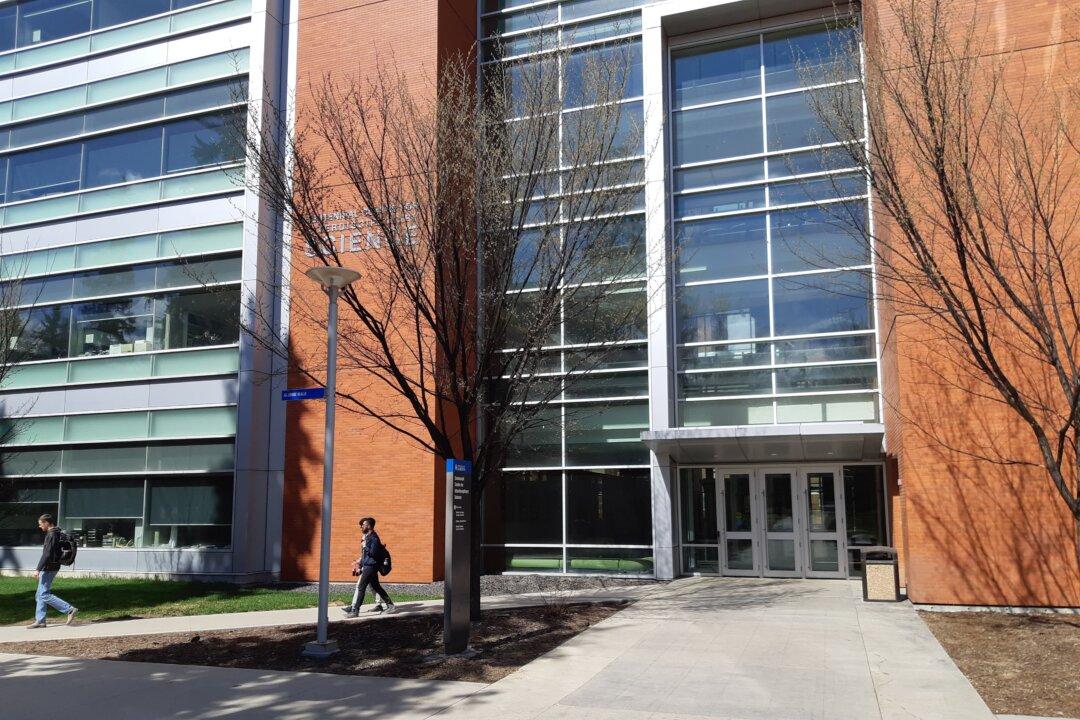The University of Alberta says it’s willing to work with all levels of government after a report revealed that the university had been collaborating with China in critical research areas that could undermine Canada’s national security.
“A consistent national response on security matters and international engagement is necessary and we are fully committed to working with all levels of government to ensure that Canada’s core security interests are protected and advanced,” said Walter Dixon, the university’s interim vice-president of research and innovation, in a statement on Tuesday.





